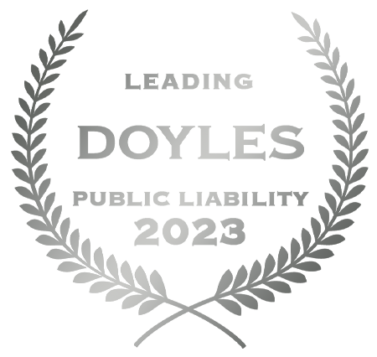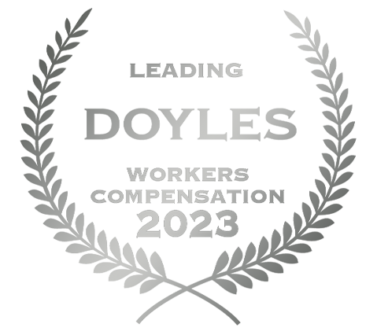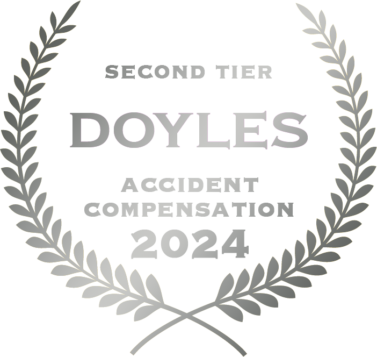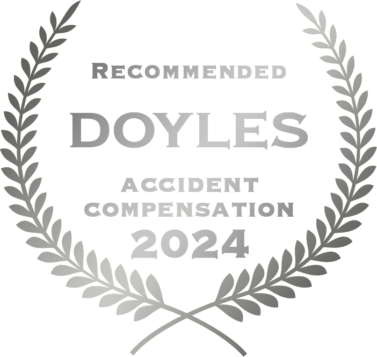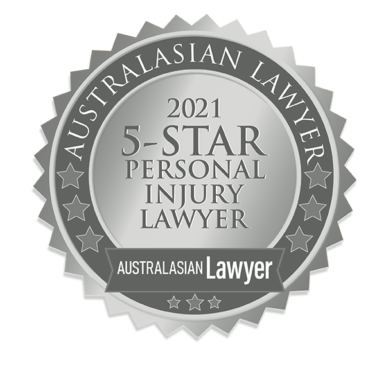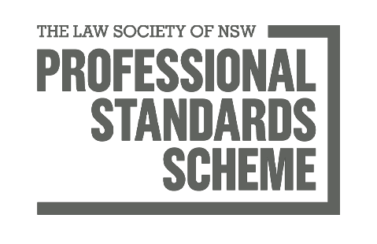
Medical Negligence and Malpractice: Why Communication is Vital.
There are things in life that are hard to take, but ultimately you can accept them.

Your car breaks down on a highway, your team loses the grand final or you drop your phone in the pool – these things can have an immediate impact on you, but usually there isn’t any lasting damage.
However, when it comes to your health, medical negligence and malpractice is something you absolutely can’t accept.
What is medical negligence or malpractice?
When health conditions arise that potentially threaten your wellbeing, it’s health practitioners you turn to and put your trust in. As a result, it’s important to realise you as a patient are entitled to receive an appropriate level of care and be provided with all the information relating to your condition and treatment.
You may have come across the terms medical negligence or malpractice but never really taken the time to understand what they refer to. Essentially it’s an act or failure to act by a health professional when treating a patient that can directly lead to injury or illness.
Why there always needs to be clear and open communication
Without doubt, failure by a health practitioner to communicate effectively with their patient throughout the treatment period is the leading cause of malpractice claims.
According to MIGA, a leading Australian indemnity insurer, approximately 70 percent of all malpractice claims come about as a result of a communication breakdown between the practitioner and patient.
Whether it be knowing all the risk factors associated with a procedure, having that reassurance that your medical professional is available if you are in need or just feeling comfortable enough to raise any potential concerns – like any relationship, communication between patient and practitioner is absolutely vital in avoiding any unexpected outcomes.
Here are some key scenarios that can arise from poor communication and potentially lead to malpractice suits.
- Patronising or dismissive treatment
There can be nothing worse than dealing with a medical professional who doesn’t pay any attention or give any thought to your input. You may feel as though you’re constantly spoken down to and as a result, may be scared or hesitant to bring up any symptoms or concerns that you consider to be relevant. This one-way type of communication could easily lead to misdiagnosis. - No consideration in the explanationThe medical field can certainly be complex and it’s easy to become confused and overwhelmed when it comes to your condition or the condition of a loved one. It’s the responsibility of your medical professional to make sure that you know exactly what the issue may be, the options you can take to help the situation and the potential impact it can have.
Consistently using complex medical terms and expecting you to completely understand every aspect of your condition is an extremely dangerous practice. It can leave you in a vulnerable position to potentially make a medical decision without having a sound understanding of what’s going on.
No one wants to make a decision without having an understanding of all the facts – especially when your health or the health of a loved one is at stake.
- Failure to provide any follow-up/ poor engagementMany medical practitioners are extremely busy people and are quite often pressed for time. However, during treatment and in the post-procedure phase, these professionals are somewhat expected to follow through and provide feedback on prognosis and the potential success of any procedure carried out or communicate how this phase of feedback/follow-up will work.
There’s also a level of expectation that the practitioner maintains a suitable level of patient care and interaction. Poor bedside manner is a significant factor in many malpractice claims and when consulting with a practitioner you should not feel as though the practitioner is preoccupied, disinterested or distracted.
Sometimes things do go wrong when you’re receiving medical care. Whether you feel that you’ve been the victim of poor communication with negative consequences or even if you had good service but have sustained ongoing effects from your medical intervention, you may be eligible for compensation.
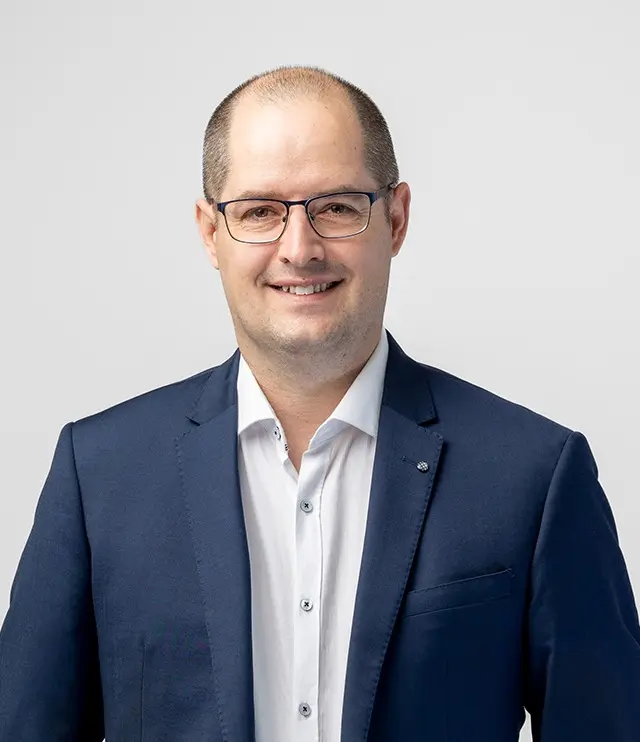
Shane Butcher
Principal
An accredited specialist in personal injury law and spokesman for the Australian Lawyers Alliance, with the best part of 20 years’ experience in assisting injured Australians to receive everything they’re entitled to.
Call 13 15 15 or chat to us now for free advice
Chat nowFind out how much you can claim.
Get startedDo I have a case?
Our senior lawyers will assess your case for free.


